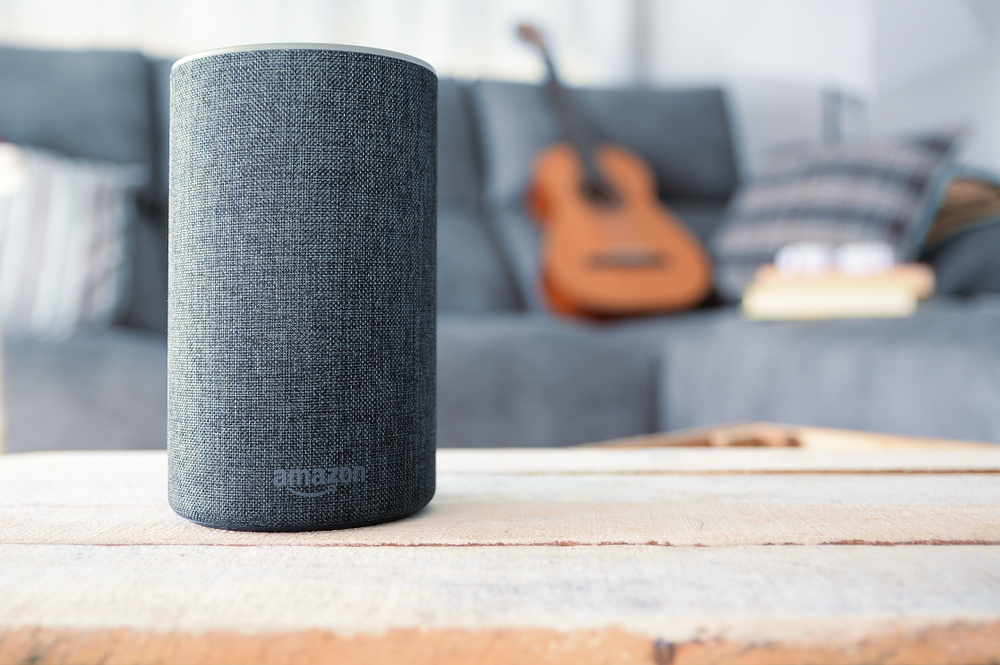Here’s a question: Why is my computer so slow?
The answer to this age-old question could be any number of things. So, I’m going to identify a few steps you can take to hopefully remedy the sluggishness.
First off: “Have you tried turning it off and on again?” It might be one of the most frustrating things to hear, but sometimes rebooting will actually solve a lot of problems — the same is true for programs and other devices, too.
Plus, computers actually need some downtime. Shutting them off flushes out the short-term memory, cleans up any remnant processes that might’ve been going on and — overall — just kind of wipes the slate clean for whatever you’re trying to do.
Your computer could also be running out of space — and without space, your machine runs out of places to store data and ends up slowing down.
To check this on a Windows computer, click your Start button and then — depending on your operating system — go to My Computer, Computer or This PC. After selecting your main disk, you can see how much space is left.
On a Mac, click the apple logo in the top left and choose About This Mac. Then select Storage from the menu.
If you’ve used up more than 80 percent of your hard drive, it’s probably getting too full. Deleting files or moving them to an external hard drive will help make room.
But you still might need to wipe the drive completely and reinstall the operating system after you’ve made room. If you do that, back up what you don’t want to lose.
Depending on what you’re doing on your computer, you might need to add more random access memory, or RAM. Design programs use up a lot of RAM, but running a lot of smaller programs at once could also bog down your computer.
If you’re a big multitasker and run five or six programs at the same time while also having a bunch of tabs open in a browser, adding RAM could speed things up.
You can see if your machine will support more RAM, how much RAM it can take and what kind it needs by visiting Crucial.com.
Not installing updates could also be the culprit of a sluggish CPU. It could take some time depending on how many updates you miss, but keeping your machine up to date really is in your best interest.
You probably don’t want to hear it, but you might have spyware, malware or some sort of virus. Scanning your computer will reveal if this is the case and hopefully get rid of the issue, too.
If the infection is bad enough, though, you’re better off taking the machine to someone who has removed malicious content before and knows what they’re doing.










